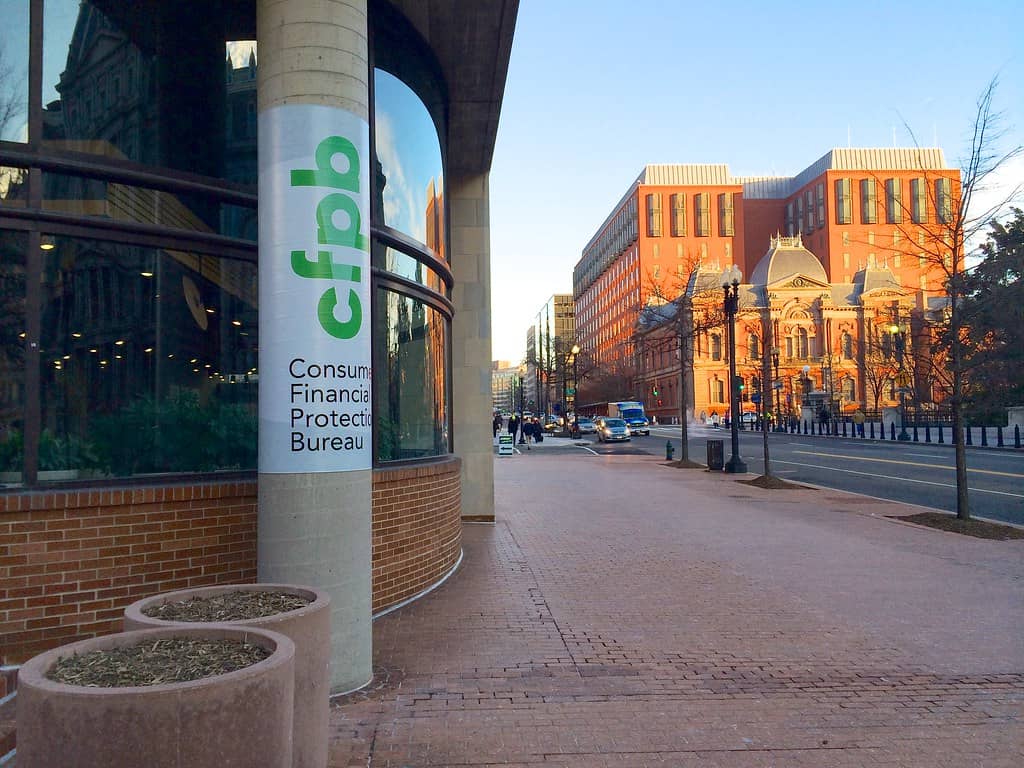Vice President Biden’s Democratic Unity platform, crafted by his team and allies of Senator Bernie Sanders, is a sprawling plan that if implemented, will negatively impact every part of the US economy. Most impacted though, will be the lending industry and the everyday hardworking Americans who rely on it.
Among many other policy proposals, this 100+ page document promises a new federal credit bureau, which banks would be required to use in underwriting loans. This new public credit bureau will “ensure the algorithms used for credit scoring don’t have discriminatory impacts.” This new credit bureau would be housed within the Consumer Financial Protection Bureau (CFPB), and in the wake of a recent Supreme Court decision, run by an appointee of the winner of November’s election.
If one takes a minute to unpack these vague proposals, the enactment of this proposal would give rise to a vast expansion of government control over the consumer credit market, with government taking on the deciding voice on what information lenders get to see and how people’s credit scores will be calculated. This is a dangerous idea and essentially injects politics into the credit market.
A government-owned credit bureau would create a volatile and unstable lending environment, riddled with inconsistent policies, swing back and forth from election to election, leaving consumers with higher prices and limited options for credit.
Woven throughout this proposal are betrayals of fundamental American rights. Particularly concerning is the promise to expropriate data from nationwide credit bureaus (p. 74). The idea that information shared by lenders and other data furnishers would be nationalized creates contractual and constitutional issues. The government would be given consumers’ most sensitive financial information, potentially leading to the possibility of it being shared with other government entities and agencies for unrelated or unintended purposes.
Under this proposed plan, the government would also be required to certify any algorithms that score consumers for lending purposes, taking control away from financial institutions who know consumers best –and from those whose capital is at risk. If the government doesn’t like how an algorithm works, they could instruct scoring companies to change the scores — based on political imperatives rather than risk factors, ultimately diminishing reliability and confidence in the overall system, leaving creditors, banks and financial institutions unable to properly serve consumers.
Lenders are already subject to the Equal Credit Opportunity Act and are supervised and examined on their fair-lending obligations. As the Federal Reserve found in a study on disparate impact in lending, there is “no evidence of disparate impact by race, ethnicity or gender” resulting from credit reporting.
An additional detail of the proposal suggests that the new bureau would help consumers without deep credit histories – an ongoing issue the lending and credit reporting industries have been working to resolve for years. In fact, these industries have advocated to add new alternative sources of data for years, and Congress has attempted to pass legislation facilitating this, but these efforts have stalled as consumer advocates continually gut the legislation.
The credit reporting ecosystem is highly innovative and has been changing constantly to bring more people into the system and to help lenders responsibly find new consumers. The growth in consumer-permissioned data sources, the rise of trended data and other innovations illustrate the dynamism of the sector.
At the end of the day, the establishment of a new government-run credit bureau will hurt, not help, consumers. It will put the government in charge of credit allocation and will not achieve the goals laid out in the Unity document without fundamentally breaking the credit system.
Let’s keep government from unilaterally deciding who gets credit and who doesn’t.
